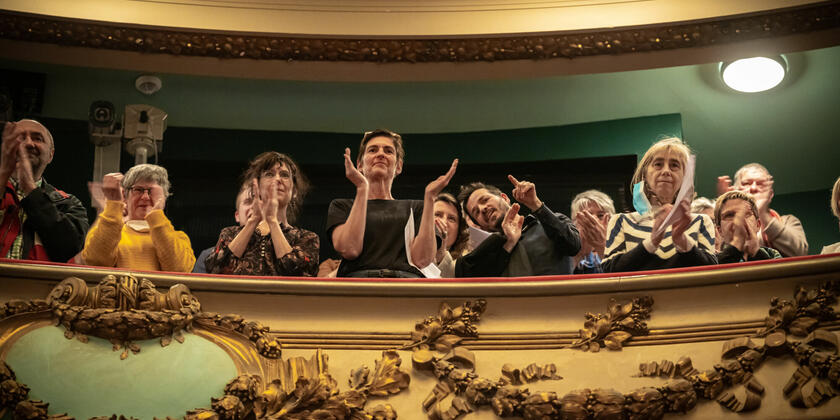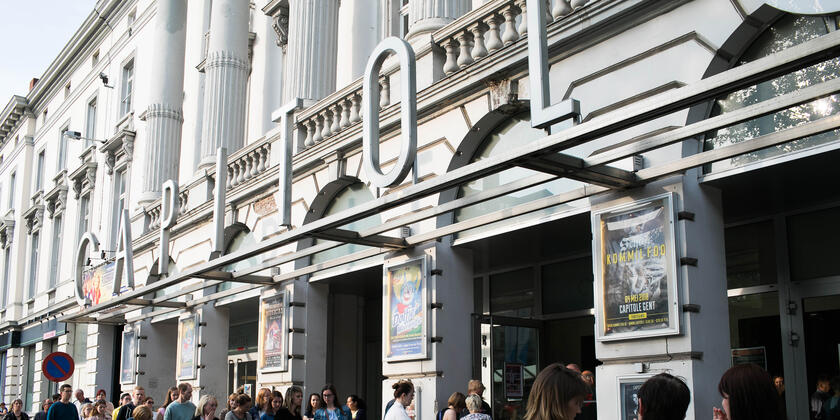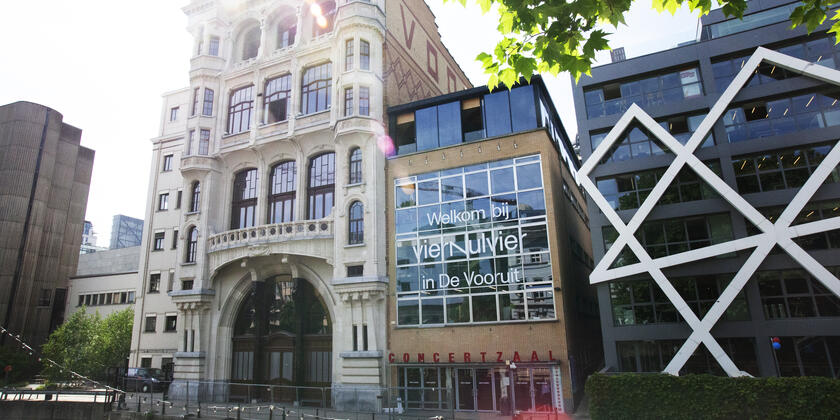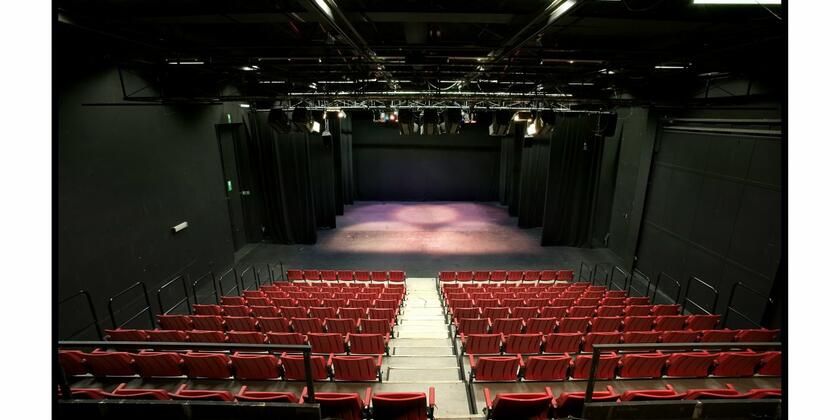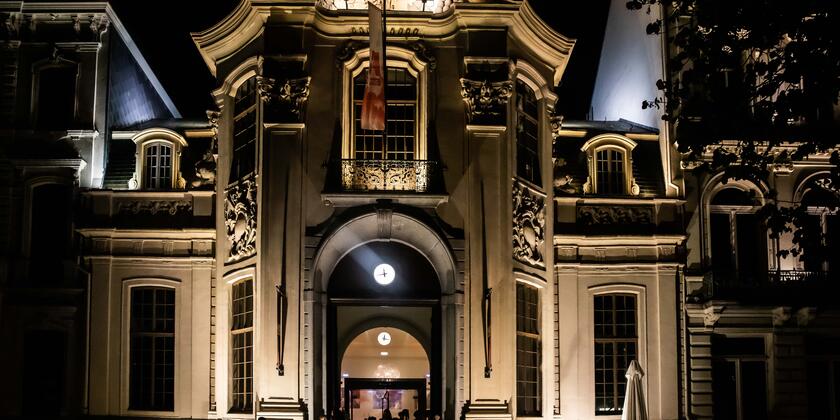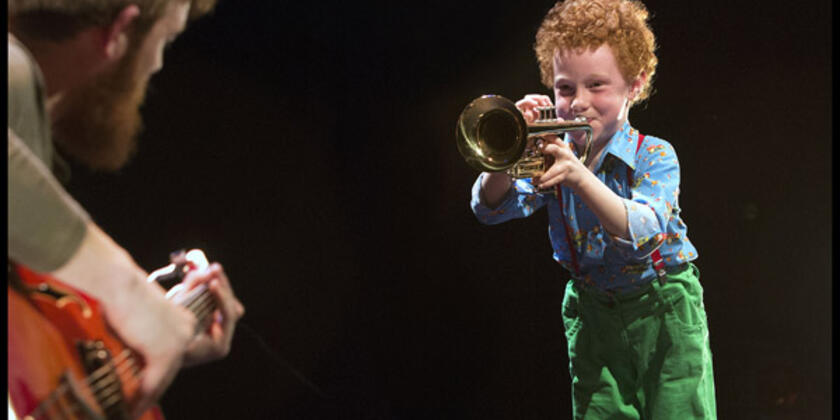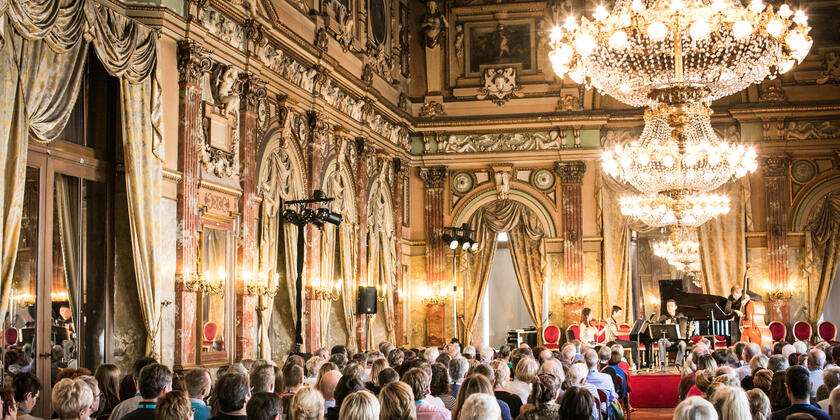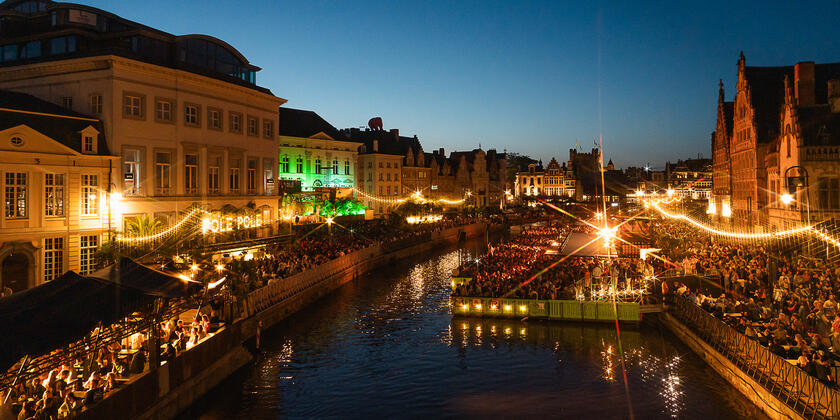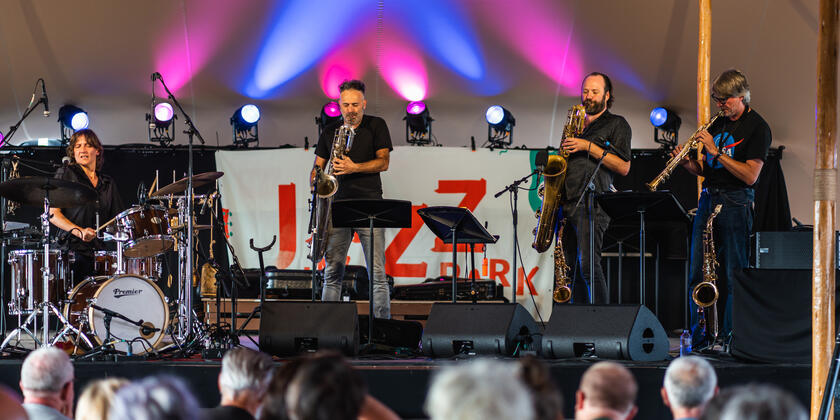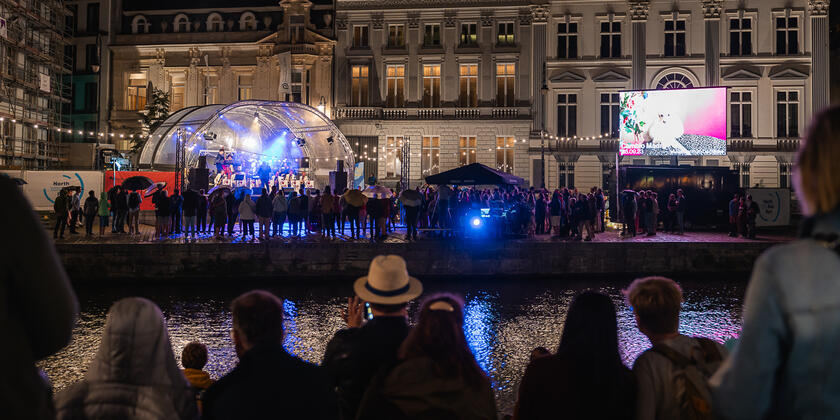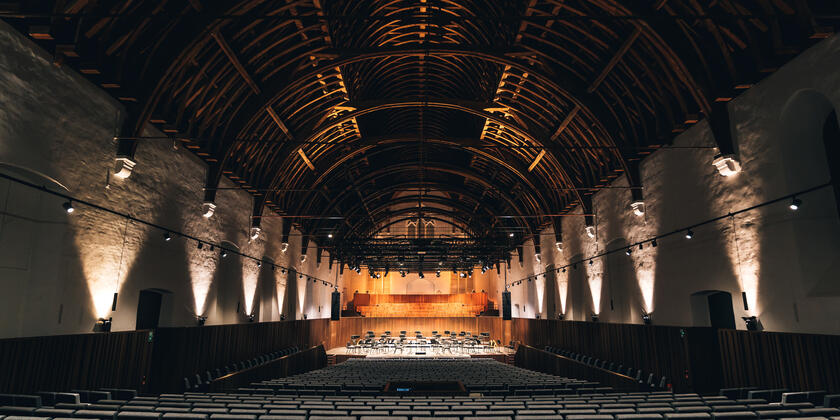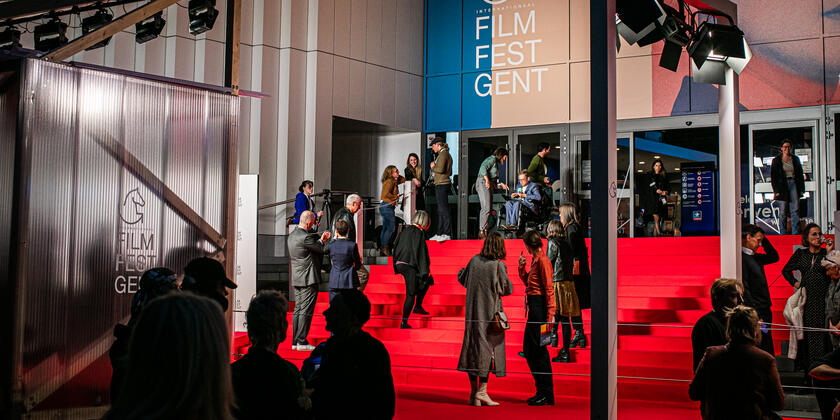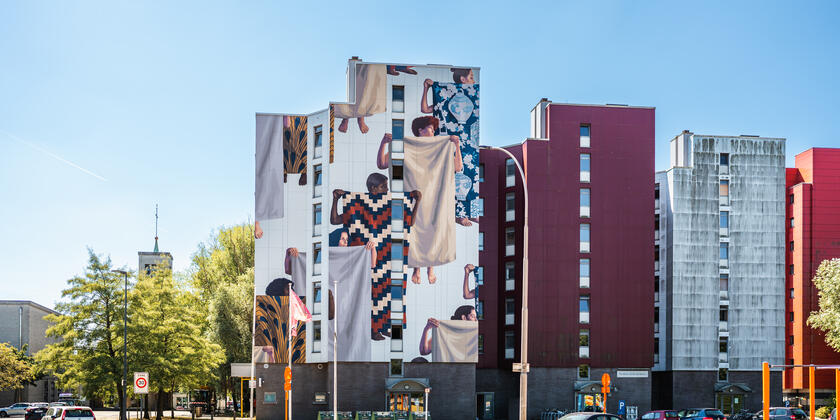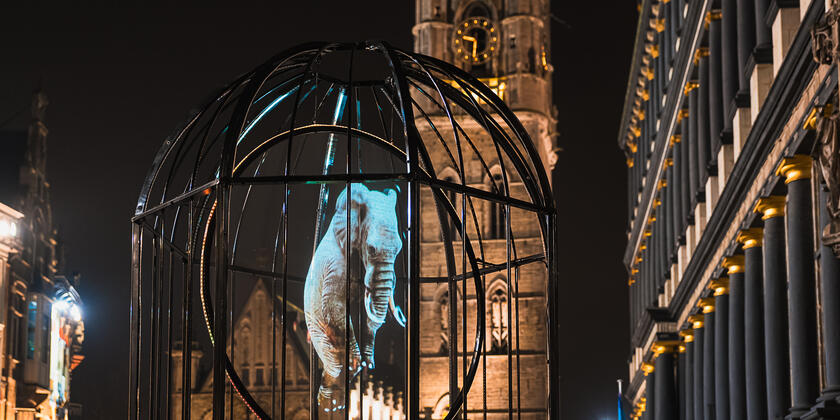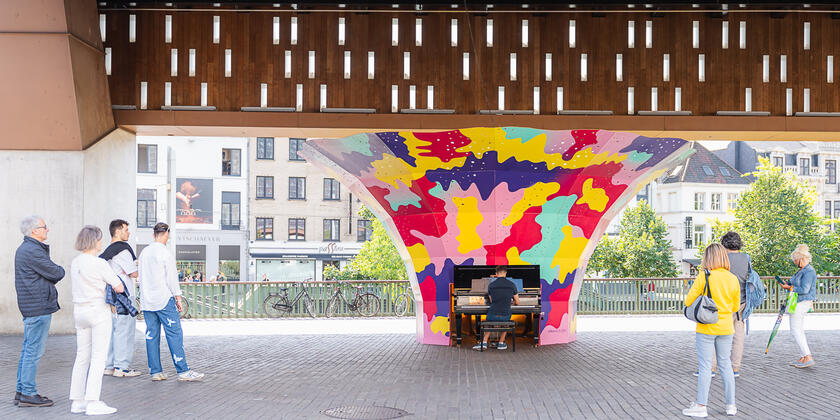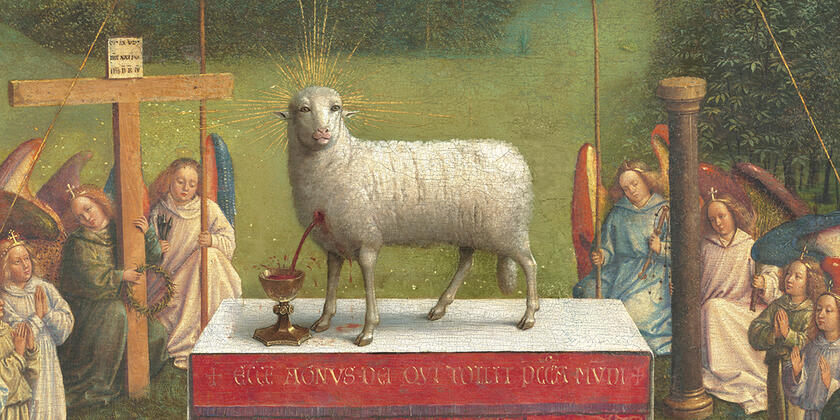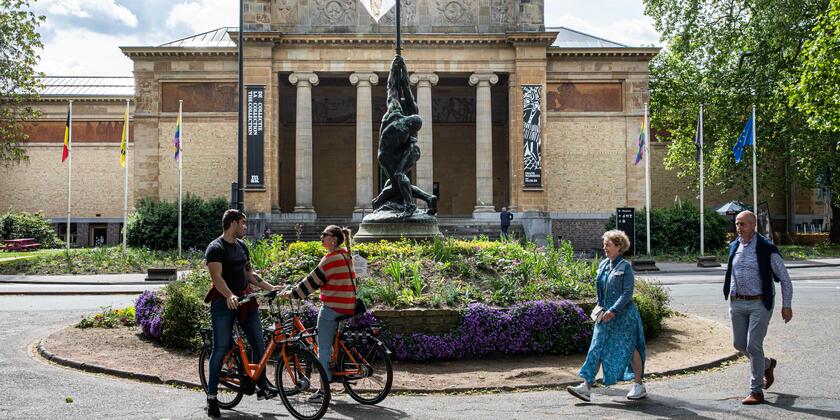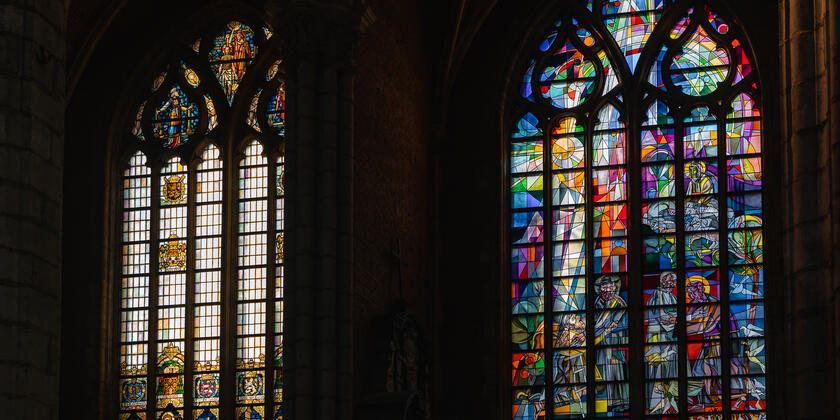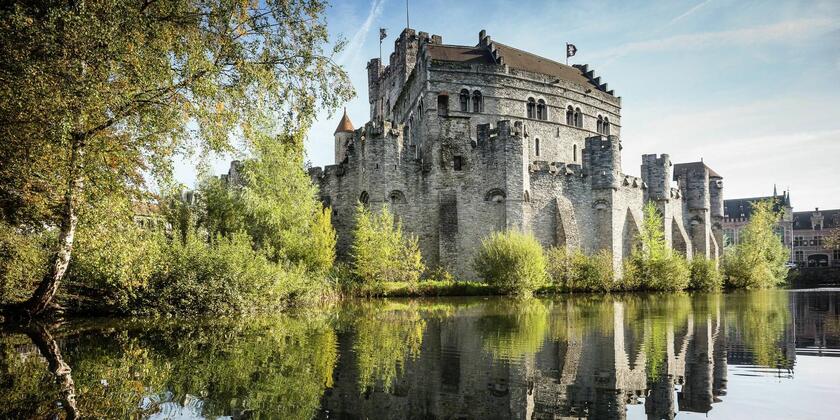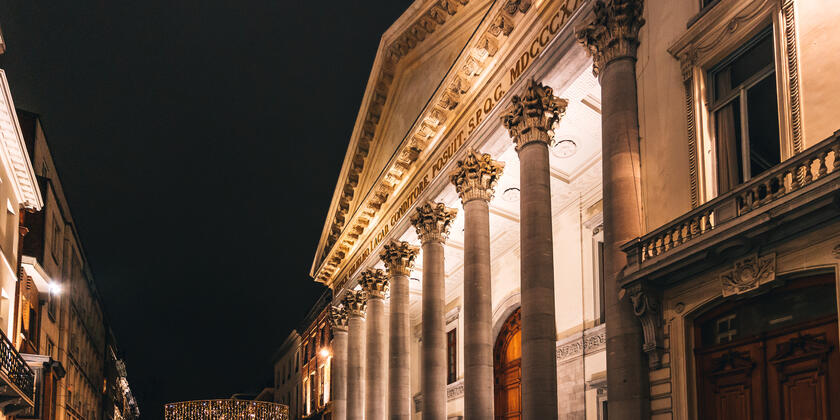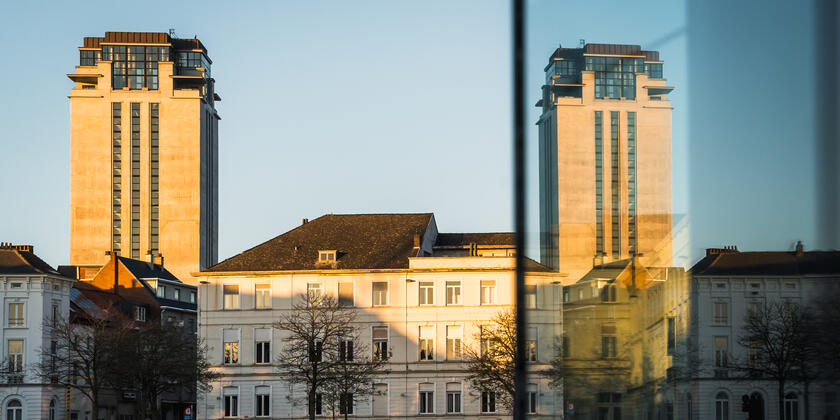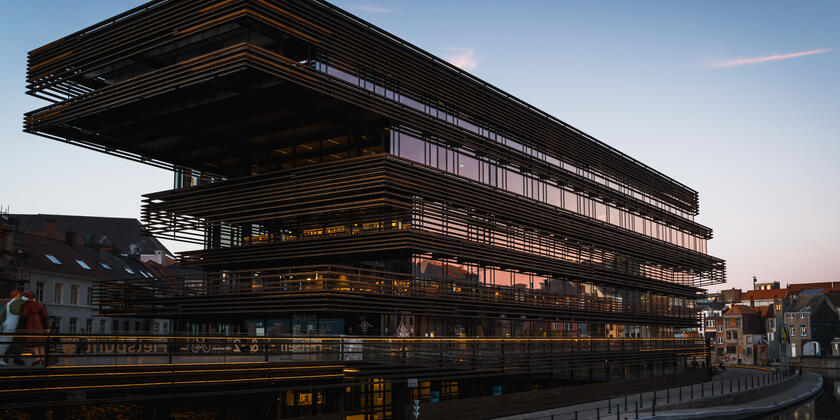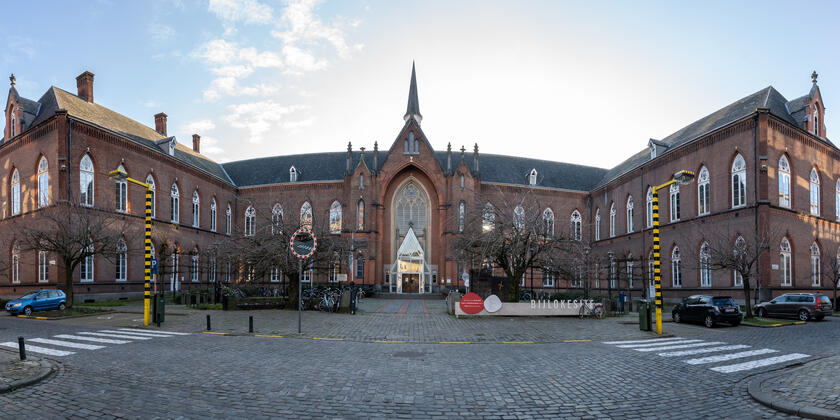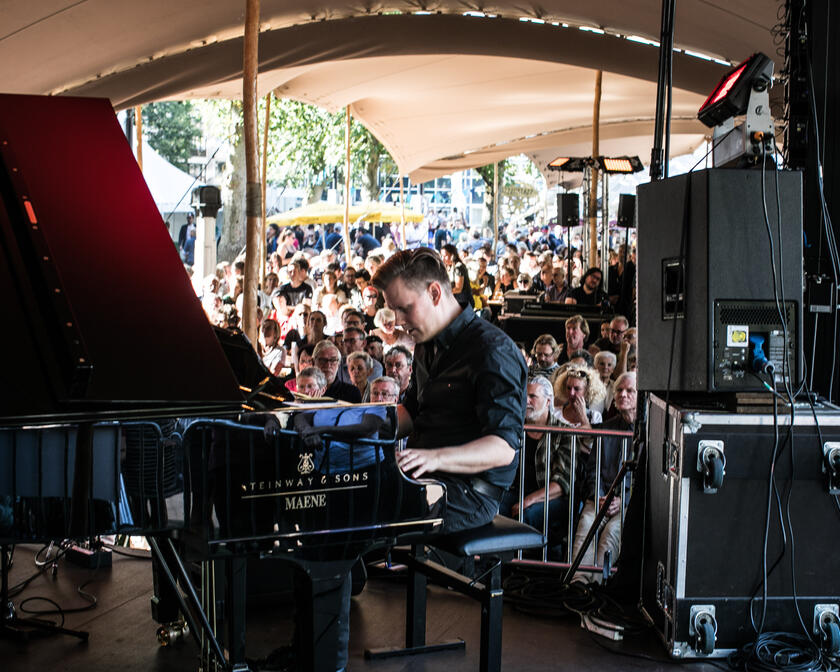
That is exactly what the inhabitants of Ghent are known for: blazing new trails with an eye to the future. Our plan? Using culture – one of our principal assets – as a lever for societal change.
In the coming years, Ghent wants to provide additional space for experiment and, with the help of as many stakeholders as possible, make great strides forward. How this will take place and what specific actions will be organised will become clear over the coming months and years. While we’re working hard on a strong plan, you can already enjoy all the cultural activities Ghent has on offer.
The Ghent performing arts
The Ghent performing arts are of an exceptional level and the offer is very diverse. Ghent has the largest offer per ten thousand inhabitants of all major Flemish cities. Furthermore, the city hosts numerous top concerts. This is also highlighted in the first “Cultural and Creative Cities Monitor” of the European Commission and in the “Stadsmonitor voor leefbare en duurzame Vlaamse steden” (Cities Monitor for liveable and sustainable Flemish cities)
Ghent city of music
Ghent has proudly borne the title of ‘UNESCO Creative City of Music’ since 2009. The city is part of the ‘UNESCO Creative Cities Network’. Its vibrant music scene stands out thanks to the high-quality music festivals, the wide range of musical education possibilities, the high level of participation in the world of music and the use of historical heritage sites to take musical experiences to the next level.
Art and culture in the streets
In Ghent people not only enjoy art and culture indoors. With initiatives like “123-piano”, where a piano is installed in the public space, the Light Festival and the festival “Sorry Not Sorry”, that focuses on street art and graffiti, the city promotes cultural life outdoors. Art and culture get out on the streets for everyone to enjoy.
Ghent, historical city
The fact that Ghent is one of our major cultural cities is also clear from the historical heritage. Museums and churches harbour important cultural heritage, with the Ghent Altarpiece as the absolute masterpiece. Jan Van Eyck is omnipresent in the city, a medieval castle dominates the city centre and the numerous Ghent museums, seven of which are nationally recognised, are of top quality.
Creative economy
Four per cent of all jobs in Ghent are in the creative industry. Of these jobs, 65 per cent relate to activities linked to new media and culture. No less than 18 per cent of all self-employed people in the city work in the creative sector. This means that Ghent's contribution to the added value of the Flemish creative economy is as high as 20 per cent.
Ghent student city
A total of 75,000 students are enrolled at UGent and the higher education institutions. Approximately 10 per cent of those students are in a cultural or creative programme. Add to that the fact that Ghent offers three out of the four Flemish post-graduate programmes in art and it's clear that the city fully deserves to win the title of "European Capital of Culture".
Cultural policy in Ghent
So much cultural activity requires a sound policy, and that’s something Ghent certainly has according to the European monitor. The city’s cultural policy is now focused on sowing, so as to reap in 2030.
Let it be clear: Ghent is a city that excels in the field of creativity, innovation and sustainability creation. These are key assets in the battle for the title of European City of Culture 2030. This is a challenge the city is all too happy to accept, as it's already bursting with ideas to hold this honour in its very own, unique way.
Artistically, Ghent ranks among the world's top cities. Here you can find theatres, cultural centres and ensembles of international standing you would normally expect in larger cities. (…) And because it’s such a cultural hub, I really feel at home in Ghent. Moreover, it's an open and tolerant city where you don't have to worry about speaking a foreign language in the streets or in the shops. No-one will look down on you.”
